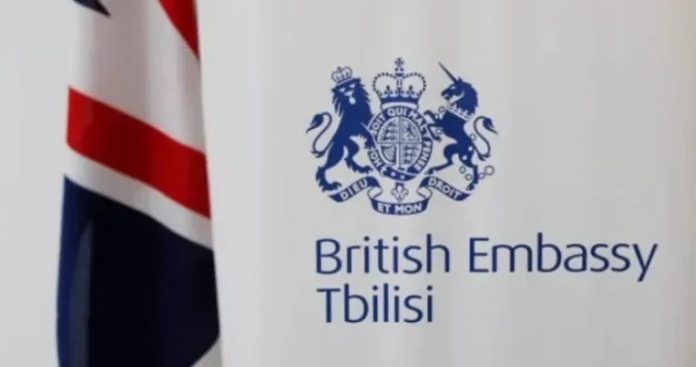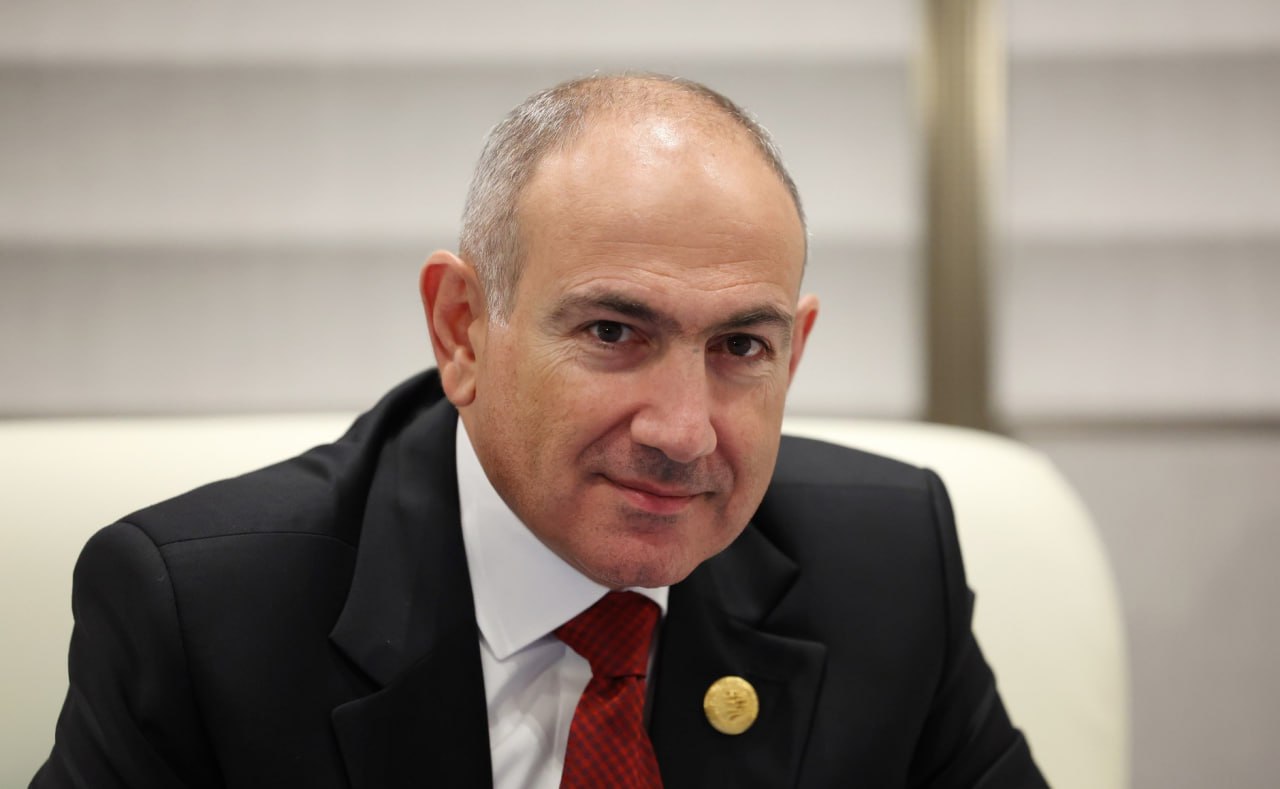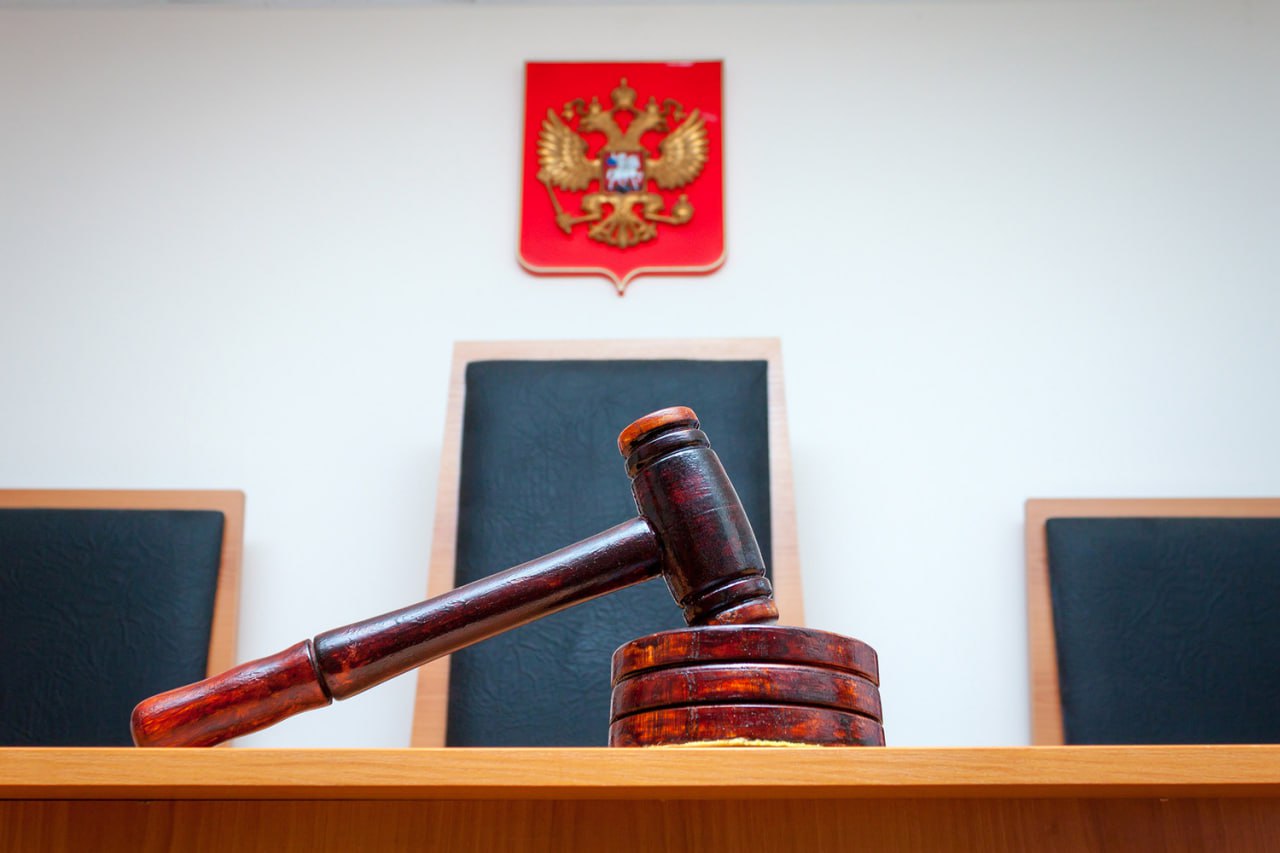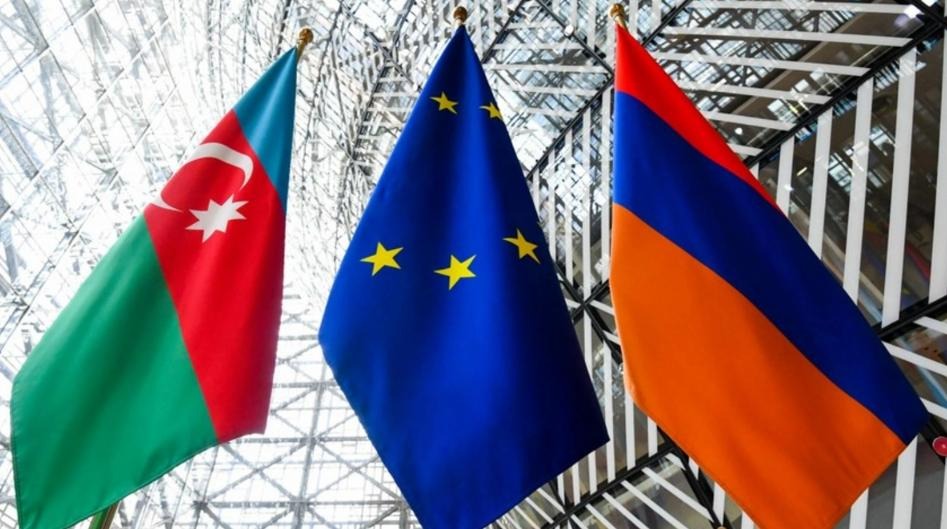The British Embassy in Georgia responded to Prime Minister Irakli Kobakhidze's statement that London should apologize for a "fake" spread by the BBC. This refers to the British Broadcasting Corporation's controversial report alleging that Georgian authorities used a World War I-era chemical weapon called "kamit" to suppress anti-government protests.
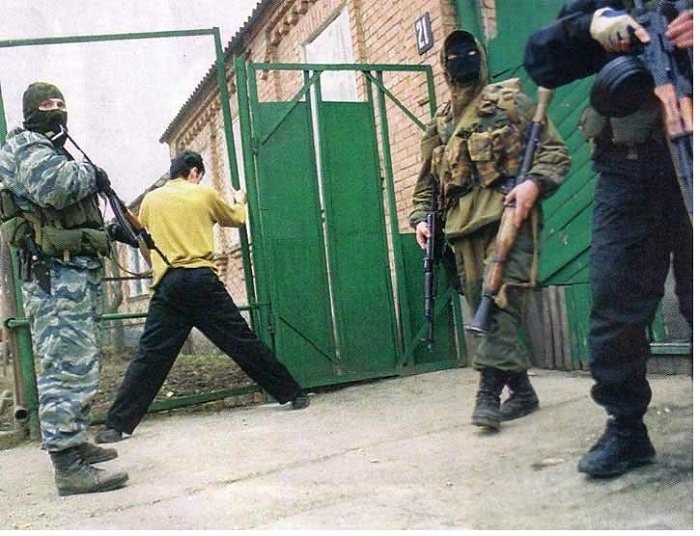
June 1, 2001
***
At dawn, in the western part of Urus-Martan, up to 30 armed officers of an unidentified Russian security agency blocked off a residential area. Some of them then broke into the Tasataevs' (Shvernika Street, 5) and conducted an unsanctioned search without showing any documents. Moreover, they did not allow anyone to speak - neither with them, nor with each other. They communicated with gestures.
During the search, the “siloviki” did not find items prohibited for storage. But, despite this, they said that they were taking away Aslambek Abuevich Tasataev, born in 1979, and his cousin, Aslan Movldievich Tasataev, born in 1975. Then they took them out into the yard and put them at the gate. A car was requested on the radio. Before her arrival, the relatives of the detainees tried once again to find out the motives for the actions of the law enforcement officers. However, a coherent explanation, except for the standard reference in such cases to an indication from above, was not received.
After 10 minutes, a UAZ-452 car (the so-called tablet) arrived at the house. On it, young people were taken away in an unknown direction. Searches were also carried out in the neighboring houses of the Gazmagomaevs and Khatataevs, but no one else was detained.
In Urus-Martan, local residents, with the permission of the Russian military commandant's office, carried out night shifts, for which they posted posts at almost all city intersections. On the section of Shvernika Street, where the abducted people live, on the evening of May 31, there were two such posts. Before blocking the block, law enforcement officers approached the one that was located 20 meters from the house where the abducted lived and warned the local residents on duty not to dare to interfere in their actions. To the people who were there, they pulled their hats over their eyes and said, "You didn't see us."
The villagers, who were on duty at another post, were locked in the mosque. After the searches were completed and the cousins were detained, the “siloviki” entered the mosque, sat with the people who were there for some time, and then left it. The cordon of the quarter was removed only at 6.00, when the curfew ends in the city. Until that time, the Tasataevs' house was under surveillance. Apparently, guessing this, the members of this family did not dare to go out into the street for a long time.
However, judging by the fact that the car called by radio arrived fairly quickly, they had no doubt that the brothers had been taken to the building of the city's military commandant's office. The next morning they visited both the administration and the military commander's office of the Urus-Martan district and, having informed their leaders about what had happened, tried to find out which law enforcement agency had carried out the arrest. But neither this nor the following days they were able to get answers to their questions. Both civilian and military authorities in the area said they knew nothing about those who could be behind the operation.
Nevertheless, the relatives have no doubts that members of the Russian law enforcement agencies were involved in this kidnapping. In particular, they do not understand how, without agreement with the commandant's office of the Urus-Martan district, it is possible to move a unit of about 30 people around the city, surrounded on all sides by fortified checkpoints, during the "curfew", and even by car. In addition, in a quarter located not far from the center, where the military commandant's office, the VOVD and the ROVD, as well as the Urus-Martan district UFSB are located. All these departments were strictly guarded, and any violator of the "curfew" or just a suspicious person in the immediate vicinity of them was used without warning.
Over the next few weeks, relatives and acquaintances of Aslambek and Aslan Tasatayev came to the administration building of the Urus-Martan district in the hope of finding out at least something about them. All of them were shocked by what had happened and claimed that the abductees professed traditional Chechen Islam and were not members of any armed formations.
***
Early in the morning, the Russian military cordoned off the village of Mairtup, Kurchaloy district. A “cleansing operation” began, during which, contrary to the decision made back in August 2000, neither the district commandant, nor the head of the local administration, and even less the imam of the mosque, were present.
The military (from 20 to 30 people) broke into the yards of local residents and there, divided into groups, entered houses and outbuildings. The hosts were kept on the streets at gunpoint. Meanwhile, carpets, portraits were torn off the walls, furniture was broken, linen, dishes and photographs were looked through, video cassettes, cameras, and other valuables were taken away. What they could not take with them was spoiled.
Noticing a young man among the residents, the military announced that they were taking him away. But if relatives had money, they could pay off. Without any reason, eight people were captured in the village. They were taken to the outskirts, poisoned by dogs, beaten and tortured. Then four were released, and the rest were transferred to the detention center in the village of Kurchaloy. They were kept there for five days. Subsequently, two of the detainees were released. And two more - Said-Khasan Salamov, born in 1953, and Said-Magomed Vakhaev, born in 1962 - went missing.
It is known that Said-Magomed Vakhaev was taken to the military commandant's office of the Kurchaloy district (according to eyewitnesses, he was unconscious), then from there he was sent somewhere on a stretcher. Nevertheless, the officers of the commandant's office told the relatives that neither he nor Said-Khasan Salamov had been seen and knew nothing about their future fate. The military did not return the documents to the residents of the village, who were released at the end of the “cleansing operation”.
***
At about 9 o'clock, the Russian military, placing armored personnel carriers and Ural vehicles around, cordoned off the central market of Grozny. Most of those who arrived at the “mopping-up” were wearing masks. They did not introduce themselves to visitors and sellers and did not explain the motives of their actions. It was not possible to establish their belonging to any military unit. Soon, employees of the pro-Russian riot police in the Chechen Republic, led by its commander Musa Gazimagomadov, arrived in time for the market. But even before they arrived, the military, without explaining the reasons, detained and put several young men in the Ural. The riot police did not allow them to be taken away without their escort. The result of this, according to eyewitnesses of the incident, was the early release of many of the captured.
The men taken away from the market were released by 17:00. It became known that they were kept on the territory of the city circus for several hours. There at that time was the Department of Internal Affairs of the Ministry of Internal Affairs of the Russian Federation for the Chechen Republic, headed by Sergei Arenin.
Later it turned out that not everyone was released. So, on Chernyshevsky Street, in the immediate vicinity of the central market, the military detained Khozh-Akhmed Sultanovich Shepiev, born in 1971, put him in an armored personnel carrier and took him away. He did not return home that day or later.
Relatives of Khozh-Ahmed have repeatedly made attempts to organize an investigation into his abduction: they wrote letters, appealed to the law enforcement agencies of the city and the republic. But all attempts ended in failure. Memorial Human Rights Center learned that at the end of December 2002 the Grozny prosecutor's office finally refused to initiate a criminal case against them.
***
At about 2 pm in the city of Grozny, a few tens of meters from the Russian checkpoint at the intersection of Pervomaiskaya and Mayakovsky streets, a shell fired from a hand grenade exploded. According to eyewitnesses, the shot was fired by unknown people from the side of an unfinished house on B. Khmelnitsky Street. As a result of their actions, 4th-year students of the medical faculty of the Chechen State University were injured. On this day, the movement of vehicles in the city was blocked, so the girls went to classes on foot.
Rumisa Shahidova, born in 1977, both legs were torn off by fragments of an exploding shell. She was pregnant, the child died in the womb, the next day she died in the city hospital No. 9.
Kheda Daudova, born in 1976, received multiple shrapnel wounds and a leg burn. Two other victims, Fatima Malsagova, born in 1974, and Ement Khatatayeva, born in 1978, were taken to the hospital with a slight concussion. After providing first aid, the doctors let them go home.
From the book "People Live Here", Usam Baisaev, Dmitry Grushkin, 2006
